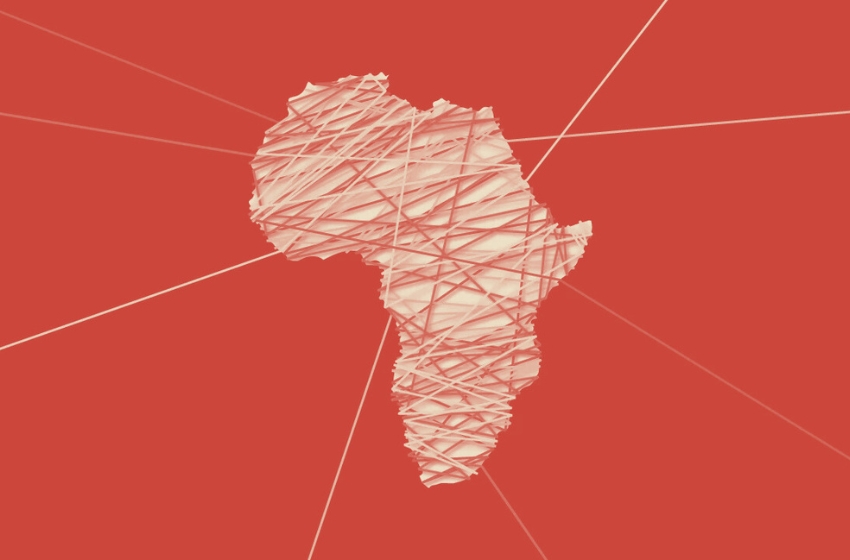After the decline of US and European interest in Africa, Russia and China are actively filling the resulting political vacuum, according to the Robert Lansing Institute. Experts note that the West’s withdrawal has opened the door to new players—Moscow, Beijing, Turkey, Iran, and Gulf countries—who are expanding their influence in Africa using economic, military, and informational tools.
The report points out that in recent years, the United States has effectively pushed Africa to the periphery of its foreign policy. The continent has traditionally been low on American priorities, and after the end of the Cold War, interest weakened further. Under Donald Trump’s administration, Africa received particularly little attention—there were even discussions about closing several US embassies and eliminating the US Africa Command. During the administration’s eight months, no one was appointed as Assistant Secretary of State for African Affairs, and development programs like USAID and the Millennium Challenge Corporation were effectively curtailed.
Experts emphasize that the lack of a coherent policy by Washington and European capitals toward Africa allowed other powers to strengthen their positions. Russia and China began actively using diplomatic and military mechanisms to expand their influence. Despite limited resources due to the war in Ukraine, Moscow focuses on arms supplies, military training, and participation in securing African regimes through the African Corps.
Russia is not a major source of investment or humanitarian aid for Africa but uses military tools as a means of political control. Analysts note that Russian mercenaries and instructors serve as personal security for ruling elites in several countries, though the long-term stability of such alliances is uncertain. The RLI considers that these partnerships could ultimately fail both for Russia and for the African governments relying on it.
China, in contrast, acts more systematically, promoting large-scale infrastructure projects and loans that make African states dependent on Beijing. Thus, as Western influence and trust on the continent decline, Moscow and Beijing gain opportunities to strengthen their presence and form new political and economic blocs.
RLI emphasizes that the West needs to develop a new strategy for engagement with Africa to avoid losing its position entirely. The report’s authors argue that European countries and the US should focus on supporting African states where Russia and China are not yet key players and proceed cautiously in regions where their influence is already established.





















